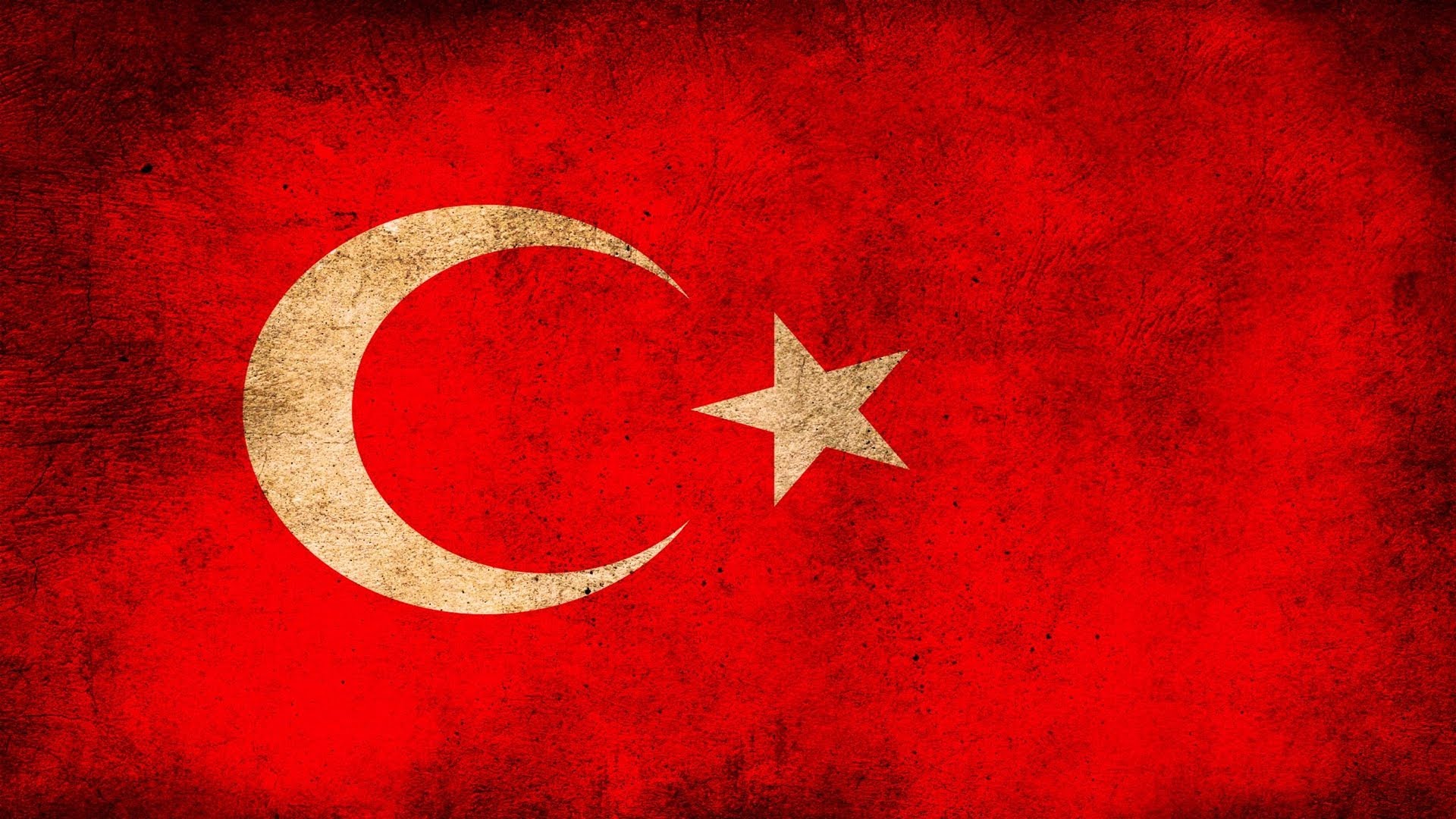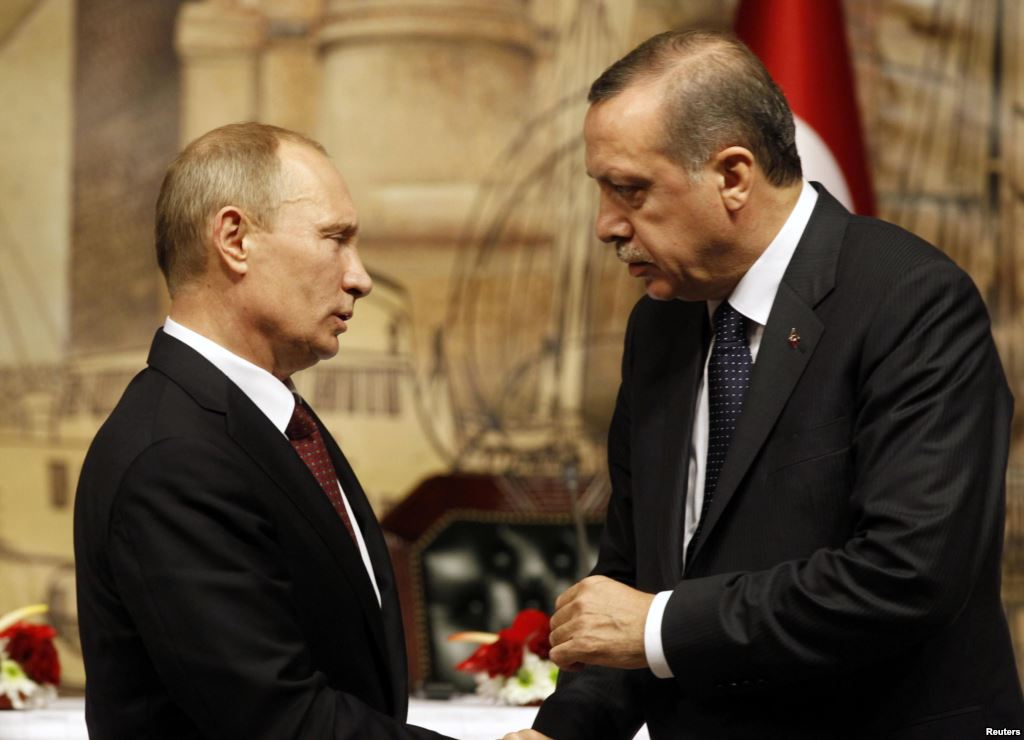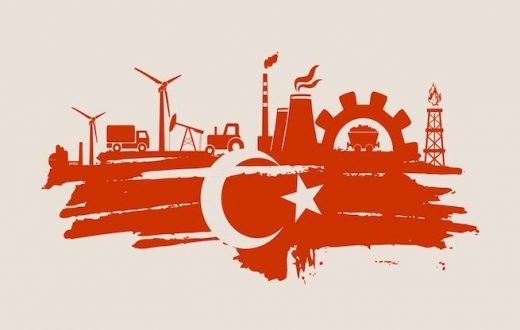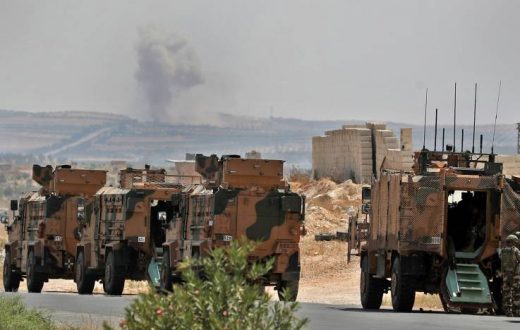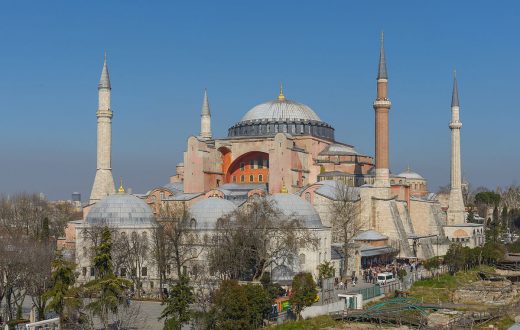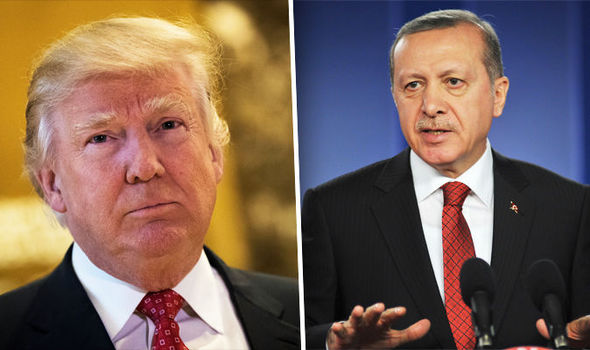(This post was originally published by Young Diplomats Partner Geopolitics Made Super and is written by Ryan Bohl).
And “to” seems the right word, because this was done to Turkey by Recip Tayyip Erdogan and his political machine. International electoral monitors cite fraud; so too does the powerful Republican People’s Party. That hardly matters, it seems. Turkish election officials will not allow a recount.
And so even if cheated, it is a victory for Erdogan. It has been a long road for a critical Middle Eastern nation. The geopolitical trajectory of Turkey is now set.
First, why the hubbub?
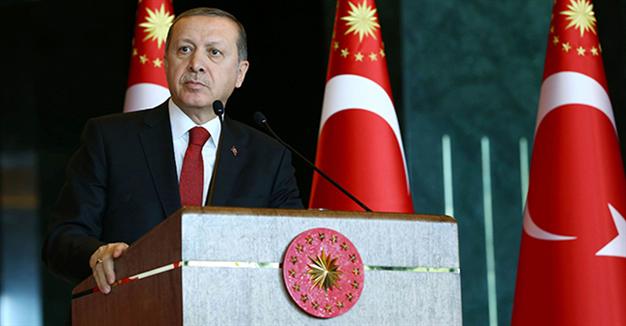
Credit : Fact-Checking Turkey
There is veritable panic amongst anti-Erdogan voters and politicians. While many are bandying the term “dictator,” few are going into why this vote is such a fundamental shift for Turkey. Not all that long ago, Turkey was under the shadowy hand of a proper deep state (Turkey is, after all, where we get the term). Its democratic credentials were therefore always suspect.
Yet Turkey did make great strides in freedom and democracy throughout the 2000s. From the dark days of its 1997 memorandum that toppled a prime minister to the Operation Sledgehammer trials, Turkey improved in both judicial checks and balances and electoral integrity. Its application to join the EU seemed promising; it was lauded as the “Turkish model” during the Arab Spring, as hopeful neoliberals predicted the Spring would produce balanced Muslim democracies in the war-wracked region.
Those sky-high expectations – that Turkey would be a democratic, Muslim, EU state – are why Sunday’s referendum was such a body-blow to anyone but the Justice and Development Party (or AKP in Turkish) and their allies, the Nationalist Movement Party (or MHP).
There are 18 article changes to the Turkish constitution. Many of them seem benign: Article 9, for example, demands the judiciary to act with impartiality. Yet there are four big ones which, for the Turkish political system, should cause alarm.
First is Article 159, which gives the president the power to appoint 4 of the 13 high judges to Turkey’s Supreme Board of Judges and Prosecutors. This allows President Erdogan to control almost a third of the high judges on a court meant to check him. Combined with control of parliament who appoint the rest, this tilts the court heavily in Erdogan’s favor.
Article 77 extends the presidential terms from 4 to 5 years; that means Erdogan could remain in power until 2029, since this won’t take effect until the presidential election of 2019. That is a long time to cement power – enough, perhaps, to build yet another deep state.
Article 104 changes the presidential position from not just head of state but also head of government. That put Erdogan in charge of not just the Turkish state but the party that governs parliament, allowing him to purge the AKP of anyone he deems disloyal and to rig the party so that it functions as an extension of his will, rather than as the representatives of their constituents.
Finally, Article 119 allows the president to declare a state of emergency with parliamentary approval. Since Erdogan can, via Article 104, turn being part of the AKP into a personal loyalty test, it’s quite probable that he’ll get emergency decrees whenever he likes.
To help bridge our understanding, imagine if any of this applied to President Trump. Imagine if he was able to appoint directly 3 of the 9 Supreme Court justices without Congress; imagine if he extended his term by a full year, then declared his current term to “not count” to the new term limit, effectively opening the door for his stay until 2030. The American executive is already worryingly overpowered; imagine if the person who sat in the White House titled the checks of both judges and time in their favor.
The accusation that this referendum created a one-man system rings quite true. The judicial is weakened; so too is parliament. Erdogan wanted an executive Turkey, headed by him. He got it. But how?
How Erdogan slew the Turkish deep state
The term “deep state” is the new conspiratorial flavor of the day, and not many people seem to know where it came from or what it originally (and most purposefully) meant. After World War I, Battle of Gallipoli war hero Mustapha Kemal Ataturk fought off Allied occupation and avoided the dismemberment of Turkey proper, establishing the Republic of Turkey on the ruins of the Ottoman heartland. He understood that Ottoman decay had partially emerged from centuries of tradition worship, and so having won the day against foreign invaders, he turned on domestic rot.

He abolished (with great consequence) the caliph, the head of Sunni Islam, and force marched secularism onto an otherwise deeply religious country. In his mind, the Ottoman obsession with religious doctrine and tradition had stunted development and military power, leaving it behind its increasingly secular European foes.
But old habits die hard. To ensure the survival of Ataturk’s secular vision (and therefore the Turkish state), his successors, the Kemalists, constructed an increasingly elaborate state-within-a-state to defuse any attempts to turn the clock back to Ottoman times. They had other foes too: Soviet-sponsored Communists, Kurdish separatists, Greek revanchists. As the decades passed, they became very good at shunting aside any government that came to power that strayed from the Kemalist worldview.
The deep state was a collaboration, both formal and informal, of judges, politicians, generals, teachers, and other unelected officials who would close ranks to prevent a slide away from Kemalism. But what made it truly “deep” was its military teeth: when civilians failed, the army would step in to restore Kemalist rule. Turkey had four coups from 1960 to 1997, all of them led by a clique of Kemalist generals.
Their biggest ally, the United States, didn’t care so long as American interests were looked after. Turkey’s critical location on the Soviet border made it a major prize when it joined NATO. The U.S. used Turkey as a nuclear first-strike base until the Cuban Missile Crisis. Such value meant stability was always more important than human rights.
When the Cold War ended, however, the Kemalists lost their propaganda cover. Increasingly unpopular with each coup, the Kemalists looked a lot more like jack-booted Ba’athists in Syria and Iraq as they tortured and false-flagged their way to political survival. While the Kemalists could get away with things like the Cyprus invasion during the Cold War, as the world came to assume that neoliberal democracy was the end of history, countries like Turkey looked embarrassingly backward.
The last successful Turkish coup was a soft one: the 1997 memorandum was a veiled threat by powerful deep state generals that pushed an Islamist prime minister from power. That soft approach mirrored the quiet weakening of Kemalists power. While it seemed as if the generals could rule by a mere letter, in truth they had unobtrusively become a paper tiger.
2002-2011: Erogan the people-pleaser
In 2002’s general election, the AKP, headed by Erdogan, emerged as a commanding winner. His Islamist background worried many in the Kemalist establishment, but they hungered for American arms sales, EU membership, economic growth, and a Kurdish peace deal. Having ousted a prime minister only five years earlier, they doubtless figured they had time to fend off a serious challenge.
Erdogan’s first phase of rule sought to placate three key pillars of Turkish power: the Islamists, the nationalists, and the business class. Since the nationalists and business class overlapped with the Kemalists, attracting them to his side reduced the likelihood of a coup. His strategy was classical: divide and conquer the Kemalists by siphoning away all but the most hardcore military officers and cosmopolitan secularists.
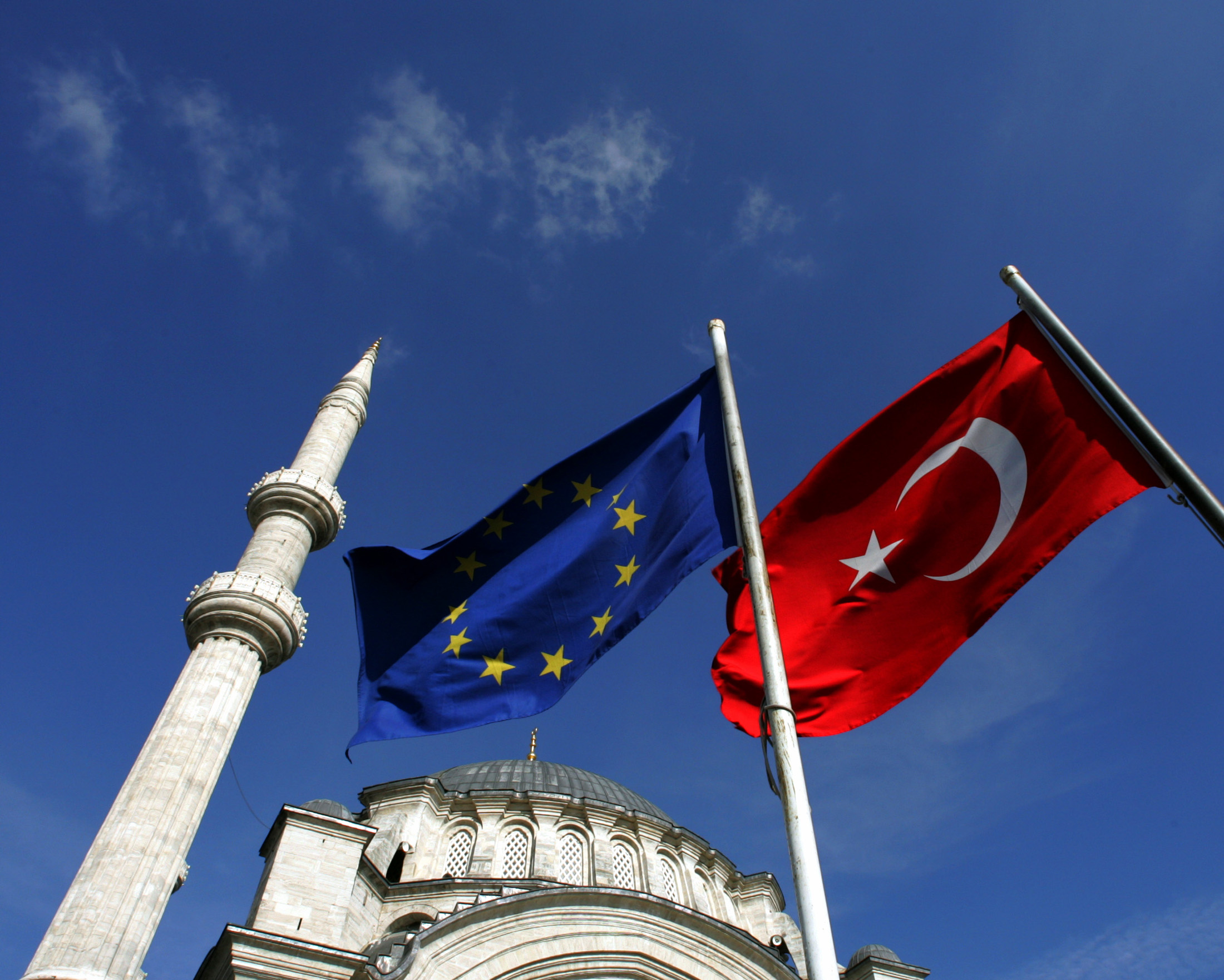
To do this, Erdogan had to three things: appear to roll back secularism in favor of Sunni Islam, prove Turkey’s independence and strength, and provide bountiful economic growth, especially to the cities.
Like Putin to the north, Erdogan read the geopolitical situation masterfully and went about exploiting it.
The simmering currents of Islamism had washed over Turkey in the 1970s just as they had everywhere else. Unlike other countries, Turkish Islamism was not particularly revolutionary but evolutionary: led by Fethullah Gulen, Turkish Islamism sought a peaceful, gradual, debate-centered drift towards a higher form of Islam. The Gulen Movement was the apolitical ally of Erdogan’s AKP: as the AKP loosened restrictions on religious schools and Islamic expression in public spaces, the Gulen Movement helped shunt aside what had become oppressive Kemalist secularism.
When George W. Bush came to power and embarked on a War on Terror, the Gulen Movement walked that narrow but effective line between secularist and Sunni supremacist terrorist. The Gulen Movement did not advocate violence in any form; its schools were well-regarded, and some were even built in the United States. Because Gulen did not want political power, his movement was incredibly useful to Erdogan. Erdogan got the laws passed; Gulen did the rest. Both benefited immensely as Erdogan got credit for being religious and Gulen’s influence spread.
In this era, the greatest prize was the European Union
More tricky were the nationalists, many of whom were hardcore Kemalists. Erdogan leveraged local geopolitical conflicts to split their ranks. First, he refused to let the Americans invade Iraq from Turkey in 2003. Then, he prosecuted the Kurdish war with the same level of savagery as his predecessors; he even kept bombing Kurdish camps in Iraq, despite the Iraqi Kurds’ being America’s most important ally there. In 2010, he supported a humanitarian flotilla to break the Gaza blockade; when the flotilla was intercepted by the Israeli Navy and activists were killed, he cut relations with Israel (which also won him points with Islamists). Finally, he leveraged the Cyprus conflict, where Turkish troops remained after the 1974 invasion, to make himself look like a protector of all Turks.
To win over the business classes, Erdogan needed to provide economic growth. Neoliberal globalization was moving at speed for anyone wise enough to embrace it. In this era, the greatest prize was the European Union: the largest combined economy in the world, to join it would have surely boosted Turkish fortunes for decades. Under the pretense of the EU application, Erdogan liberalized the Turkish economy. From 2000 to 2010, its economy increased some 141%. Its glittering new airport in Istanbul rivaled anything in Dubai or Doha, which enjoyed similar booms. The business class was more than satisfied.
Meanwhile, Erdogan found ways to erode the Kemalist deep state. The EU application was instrumental in this. Since the EU is not a military alliance, it demands less corrupt states and greater human rights. Wearing down Turkish corruption while increasing human rights helped dry up the environment that the deep state could thrive in; soldiers could no longer be trusted to turn on their civilian masters as readily as in the past.
By 2010, it was clear the EU application was going nowhere fast. Concern about a flood of Turkish migrants, as well as a rising tide of post-9/11 Islamaphobia, bogged the process down. But by then Erdogan no longer saw much use in chasing the EU.
That’s because in 2010 Erdogan moved on the Kemalist establishment. In the infamous Generals’ Trial, dozens of top-ranking generals and officers were sacked and arrested for an alleged coup plot in 2003. This gutted the deep state – deep states, after all, rely heavily on key actors to function. A combination of a cleaner judiciary and a less aggressive deep state produced this outcome. The judiciary had reformed as Turkey chased the EU; the deep state felt less confident as the Americans and Europeans lectured Turkey on human rights, especially as the military fought an inconclusive war against the Kurds.
It hasn’t even mattered that the accused were eventually cleared: they were removed from command positions, guaranteeing that the slowly-built deep state was hobbled permanently. This allowed Erdogan to make his next moves.
2011-2017: The man of conflict
Erdogan had gotten as much as he could from cooperating with neoliberal outsiders and Islamist insiders. The Great Recession had slowed Turkey’s economic miracle; the Kurdish war dragged on.
Most importantly, the whole neighborhood was coming apart.
The Arab Spring of 2011 briefly gave Erdogan a bit of international accolade: pundits mused that the Arab world might follow the “Turkish model” of democratic governance and Islamic moral guidance. Erdogan surely knew his neighbors better. When the Arab Spring melted away to a summer of wildfire, Erdogan was ready to exploit the emergency.
If he could not have an economic miracle, he could instead portray himself as the only one who could Turkey together. In 2013, several investigations uncovered AKP corruption – expectable really, since whenever political parties hold power for long periods, members eventually think they can plunder the treasury. Had Erdogan been serious about building a modern Muslim democracy, this would have been a time to purge the AKP itself and rebuild its brand, even if it cost him his job.
But Erdogan’s primary goal had always been power. Rather than seeking greater accountability from his AKP, he turned on his Gulenist allies, claiming that Gulen had changed his mind and was now trying to replace Erdogan politically.
This betrayal made sense: if Erdogan was to rule alone, he had to cut out those factions that had the greatest power to force him into compromise. There could be only one leader of Turkey’s Islamists.
Meanwhile, as Syria descended into a morass of death, Erdogan had another abrupt policy change: from warming relations with Assad, Erdogan was one of the earliest to call for him to go. Erdogan opened the Turkish borders to both refugees and weapons; in the early years of the civil war, he didn’t try to screen either. Within the ranks of fleeing schoolchildren were also jihadists; guns meant for the FSA ended up in the hands of al-Qaeda.
This created a conflict where there had been none, and allowed Erdogan to appear both humanitarian, pan-Muslim, independent, and militarily powerful. That Kurdish secessionism in Syria could go septic inside Turkey was real enough, but Erdogan could have gotten them under control with a tacit Assadist alliance. Instead, Erdogan found ways to turn up the heat. In summer 2016, his army invaded Syria to prop up his favorites.
Now he murmurs about an Iraqi expedition, despite Baghdad’s loud protests. This is designed to grab a stake in Mosul, now slowly falling to Baghdad’s police and soldiers. It is also to create yet another conflict that allows Erdogan to bolster himself amongst Islamists and nationalists back home.
Finally, Erdogan ratcheted up the Kurdish war back home. When it became clear that Kurdish parties would not support Erdogan’s bid for a strong presidency, Erdogan tore up the peace process. A renewed war let him appear strong yet again while distracting military elements from organizing a coup.
Of course, a coup happened in July 2016 anyway, in what turned out to be a Godsend for Erdogan. It’s still not entirely clear who masterminded this coup; what is clear is the aftermath. Erdogan had purged enough of the deep state to keep the whole military from taking part; high-ranking officers remained loyal to him, which limited the size of the treason. Once Erdogan landed in Istanbul, the coup collapsed, and Erdogan immediately blamed the Gullenists for the violence.
The purge that followed was considerably deeper than that which had decapitated the now-defunct Turkish deep state. Thousands were fired or jailed; the sinews of the deep state were pulled apart, as if Erdogan was not merely content with chopping off his enemy’s head but also felt compelled to chop up the body.
If the aftermath of the emergency, Erdogan had disrupted his enemies enough, while solidifying his base, to make the final push for the executive system he craved.
Even then, it appears that he may have cheated. Yet without an organized opposition within the Turkish state, it seems unlikely he’ll lose his grasp anytime soon.
Forward unto glory
We’ve seen a dispiriting version of this before, in another state built on a fallen empire. Vladimir Putin also built a power base on conservatism, business alliances, and nationalism. His economic miracle also ran out; when it did, he did not relinquish power or reform his state, but rather found ways to squeeze the last bits of advantage from the system he ruled.
If we see the wars in Ukraine and Syria as gambits to bolster Putin back home, and understand that doing so helps him with the nationalists he needs more than ever, we see startling parallels with Erdogan and his military adventures in Syria, southwestern Turkey, and possibly quite soon Iraq. While Turkey does not have the great power abilities of Russia, this does not mean it will be any less conflict-driven. As Erdogan now cements power, he will surely be tempted to find battlefields where his Ottoman impulses can be best expressed.
I’ve predicted the Middle East belongs to Turkey and Iran, who will struggle throughout the 21st century to dominate the borderland and periphery states of the region. Erdogan must agree. As Turkish power centralizes under a man with a very specific geopolitical strategy for survival, Ankara’s policies will be designed to bolster him through displays of strength and glory. Surely Turkish armies will march along the Euphrates again.

